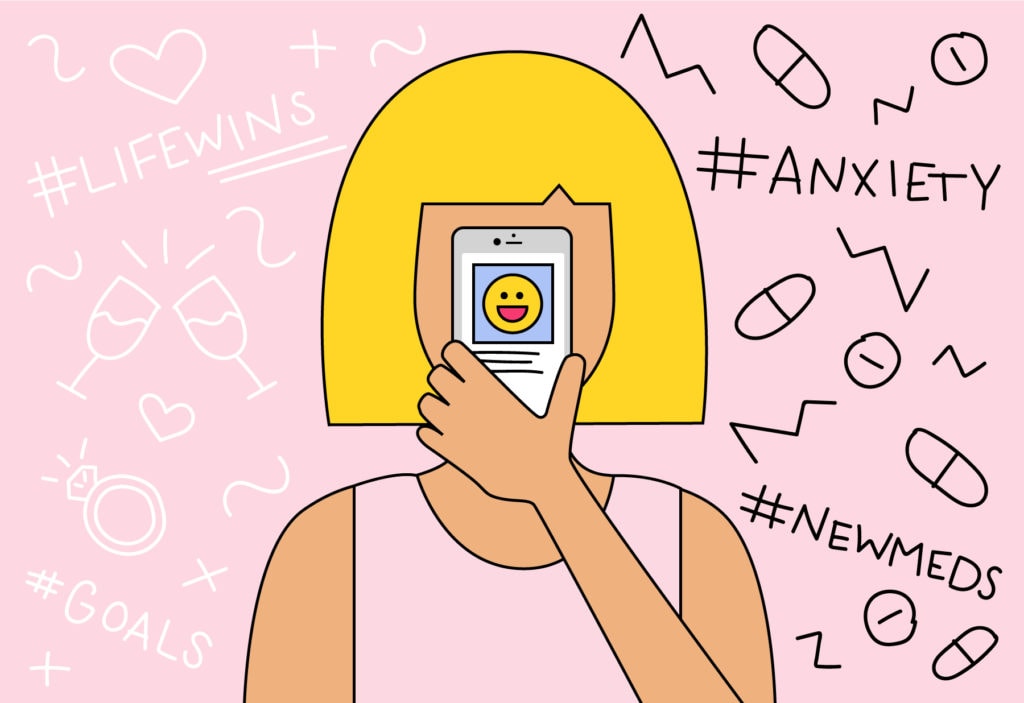
Understanding Anxiety
Everyone feels anxious, but for those with an anxiety disorder, these feelings cannot be easily controlled.
Fear and anxiety are natural reactions to events or situations that could be overwhelming like writing an exam or going for a job interview. In its most primitive state, it is the very same feeling that kept our ancestors alive and safe from the beasts and the wild. It helped them hone their response to danger and handle panic, a physiological reaction that causes a surge of adrenaline in our bloodstream, designed to help us stay and fight, or run away. While the daily challenges we experience have evolved and are ‘tame’ in comparison, we too have adapted these responses to suit the obstacles and beasts we face today – exams, job interviews, or asking someone out on a date.
Everyone feels anxious from time to time, but for someone experiencing anxiety, these feelings cannot be easily controlled. Manageable anxiety can take the form of “the jitters”, disturbed sleep patterns, worry, overthinking or sadness. It’s usually short-lived and disappears once the perceived threat to our well-being has passed. Anxiety disorders, however, are more persistent and severe, and can be characterised by a constant, chronic and unsubstantiated worry that causes significant distress, disturbs our social life, and interferes with our responsibilities at school or work.
Anxiety symptoms are commonly seen as mental health problems in youth. About 20% of the youth suffer from various anxiety symptoms at a given point in time.
Studies show that the top impediments to academic performance on college campuses are anxiety and depression. Students can feel overwhelmed, hopeless and feel an overwhelming increase in stress.
Anxiety disorders are highly treatable, yet only 36.9% of those suffering receive treatment.
Anxiety is influenced by a combination of factors, including our family history, personality traits, life experiences and physical health. Basic everyday functions that our peers might take for granted can seem like an insurmountable task. Asking a question in class or meeting new people can be a reason for worry that can easily escalate into distress and panic. As a consequence of our anxiety, we tend to, in a way, fulfil the prophecy of self-doubt that our mind perpetuates. For example, if Sunita is anxious about a math test, the inherent fear of the subject puts her at a disadvantage because her fear could influence a negative outcome.
“The first time I had a panic attack, I was sitting in my friend’s house and I thought the house was burning down. I called my mum and she brought me home, and for the next three years, it just wouldn’t stop.” - Emma Stone
Suffering from an anxiety disorder is like being held down by a weight of expectations we have of ourselves and the subsequent feelings of inadequacy that we tend to inflate. Everybody suffers from anxiety, but it is important to understand what causes it and equip ourselves with the tools to cope with it. This can help you feel better prepared to deal with it and not feel like anxiety is taking over.
The wide-ranging symptoms and effects of anxiety can often feel overwhelming and make you feel hopeless but by seeking help via CBT and therapy, you can explore your strengths and gifts which can make the recovery process feel like it’s under your control.